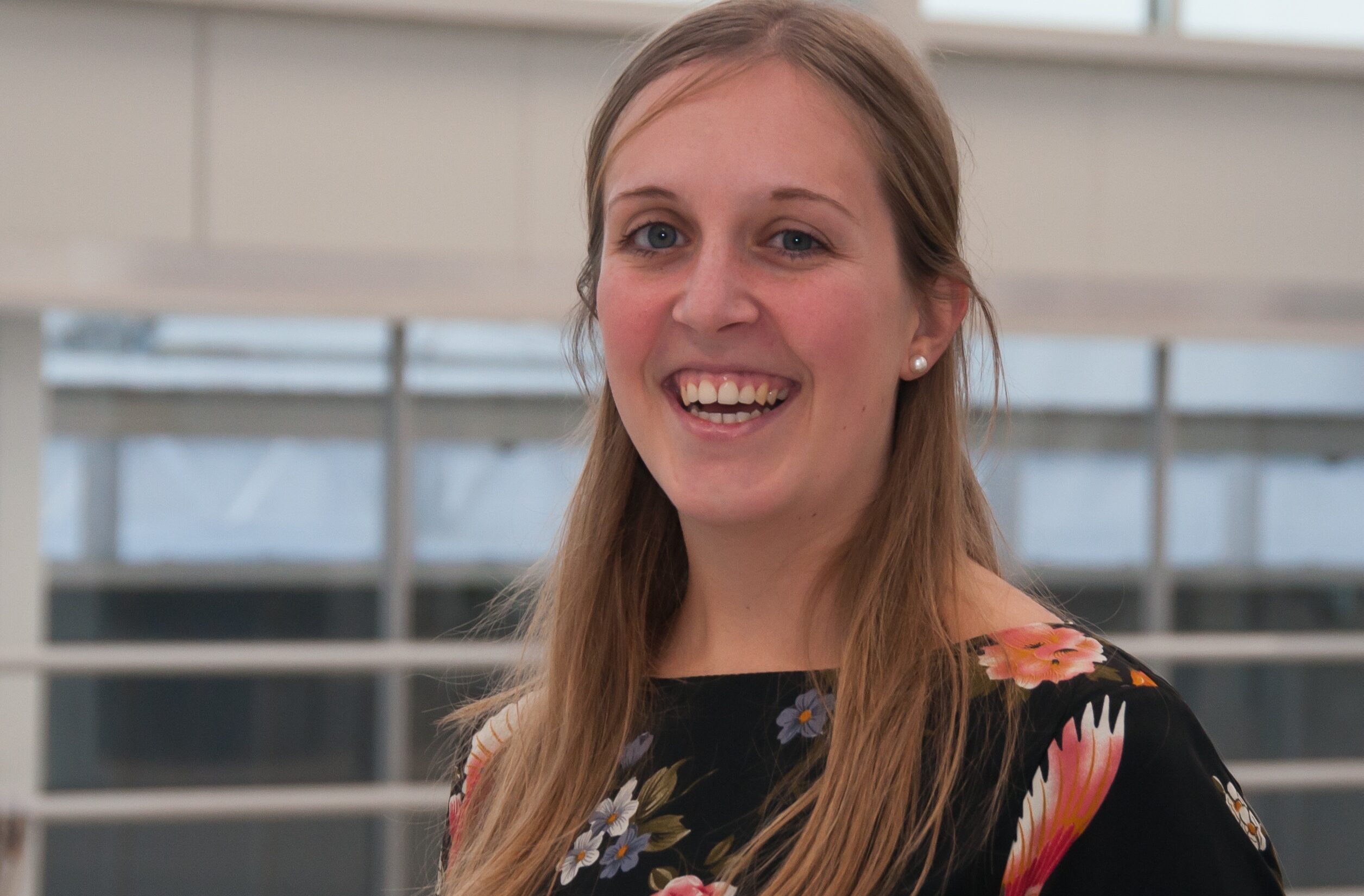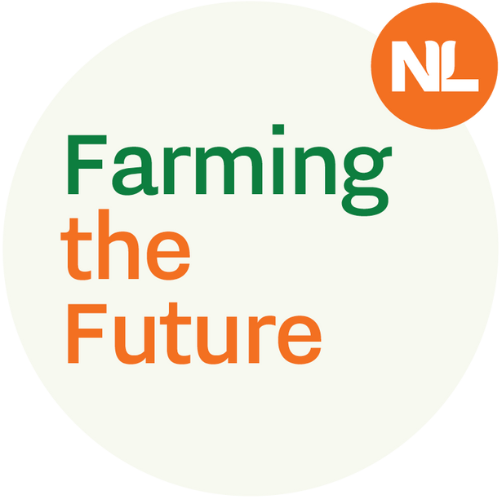This interview was published by Investment Reports on June 13, 2023.
What is the mission of Dutch Greenhouse Delta and what are the main attributes of the Netherlands’ horticulture ecosystem?
We are a foundation that represents the Dutch horticulture industry, promoting its strengths on an international scale. Together with our partners, we are offering an integrated Fork2Farm solution that includes a complete ecosystem including technology, know-how and governmental liaisons. Our footprint spreads across China, South Est Asia, India, as well as the Gulf and the “-stan” countries (e.g. Kazakhstan). We are mainly focused on developing markets, where we are trying to open new opportunity doors and introduce the Dutch greenhouse model as an alternative farming standard. Besides our Netherlands headquarters, we also have a local presence (in the countries in our portfolio) through which we are establishing relations with growers, investors, policy makers and retailers. As a greenhouse construction company on its own would have found it more difficult to conquer new geographies on its own, but this ecosystem model allows us to expand further, faster. Given that we are a one-stop shop, we aim to not only provide companies with concrete elements (like seeds, fertilizers, building insights, infrastructure, etc.) but also with an in-depth knowledge base.
How has the reception been like, up to this point, and to what extent are these solutions being instituted?
The pandemic, the current geopolitical context and the ensuing energy crisis have slowed down the adoption of these new solutions, but we believe that these challenges have the potential to be turned into future opportunities. We are closely working with public (e.g. embassies, consulates, national and regional governments) and private parties, in the Netherlands, and abroad, to help bring more awareness about the benefits of protected horticulture. In China, India and the Gulf region we are working in a Partners for International Business (PIB) program, which is a type of consortium (comprised of governments and private players) that supports promotion through trade missions, exhibitions, seminars, exchange knowledge through the knowledge-to-knowledge program and is present locally via liaisons. We play a role in the primary pre-business development phase, and as soon as every detail is in place, our partners are taking over to further develop the business.
The supply chain disruptions caused by the pandemic prompted the urgency of food security, so local production is now a vital asset every country should have.
Moreover, growing crops in a sustainable way that uses less resources is starting to turn into a mandatory condition, so these new solutions that we are diligently advertising will play a major role in the future of humanity. Up to now we have seen two trends unfolding. One where the established ecosystem of a country is further pursued (e.g., solar greenhouses in China or mid-tech plastic greenhouses in the Gulf) and another, where high-tech greenhouses and indoor farming solutions are being openly embraced.
When looking at the new solutions that the Netherlands offers, how do these translate in terms of money spent versus profits?
By looking at the whole business case and taking into consideration the consumer needs, it will be revealed that these new technologies can increase yields and reduce inputs, thus making farmers and growers more profitable. The initial costs are slowly absorbed as growers are able to better manage their crops, fending them more efficiently against pests and diseases. By producing food in greenhouses (protected horticulture), farmers use less resources and the quality and quantity of fresh produce is greatly improved. Depending on the climate, there are different solutions and types of installations to create the best indoor conditions. In Singapore, where almost no agricultural land is available, vertical farms are a viable option to produce local foods, while in Kazakhstan, where there is a lot of land available, indoor farming is not necessarily the best direction. Consequently, we always have to look at the specificities of countries and even regions and choose the best suitable approaches.
What are the main goals that you would like to achieve at Dutch Greenhouse Delta in the coming two to three years?
Promoting the Dutch horticulture sector and making governments, investors, growers and retailers aware of the benefits of producing with protected cultivation are definitely the two main priorities we have in mind. Likewise, we aim to connect the Dutch business model with foreign companies by building long-term relationships that contribute to the proliferation of healthy and affordable food produced locally and sustainably.



